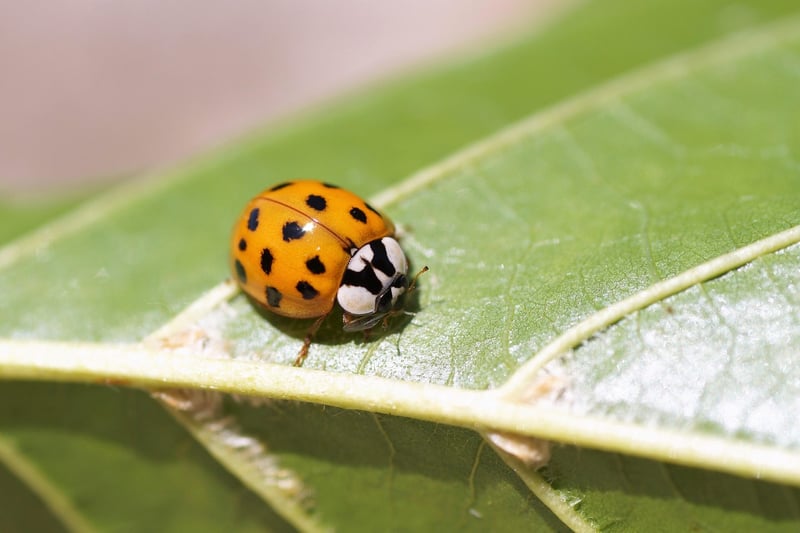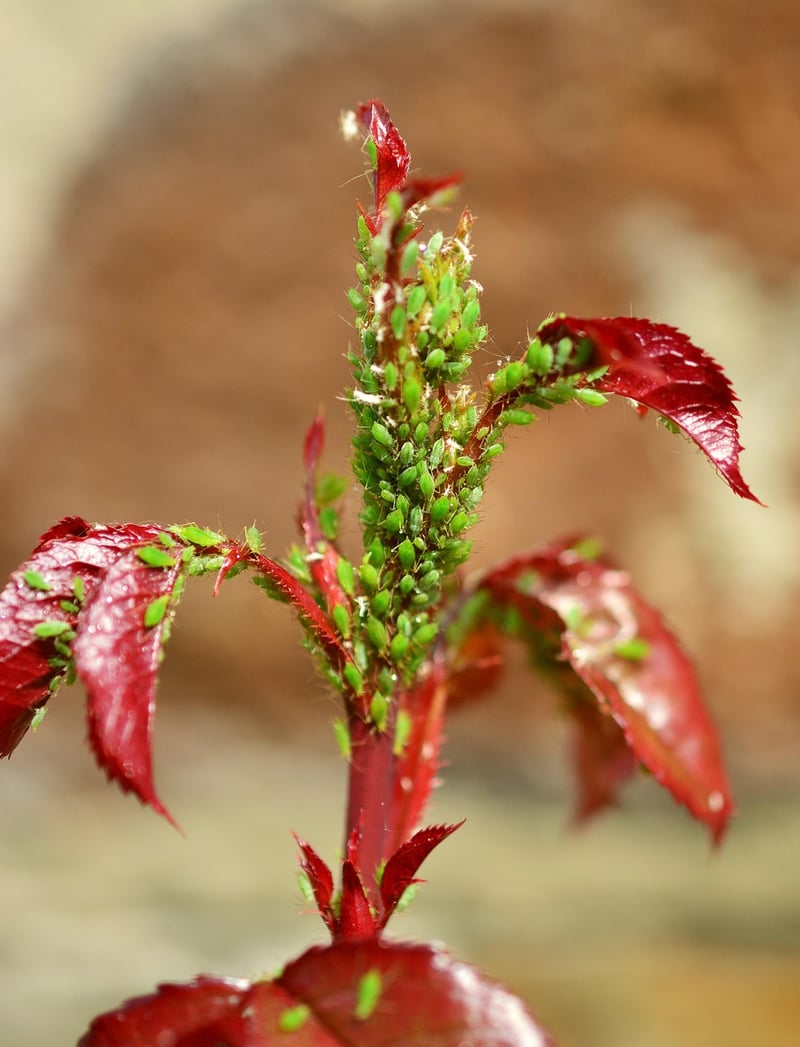Preventing Infestations
Dealing with Garden Pests and Preventing Infestations
Introduction
Gardening can be a rewarding and therapeutic hobby, but dealing with garden pests and preventing infestations is crucial to maintain a healthy and thriving garden. In this guide, we will explore common garden pests and effective methods to manage them while also sharing preventive measures to keep your garden pest-free.
Common Garden Pests
Identifying the pests that commonly plague gardens is the first step in effectively dealing with them. Some of the most common garden pests include:
- Aphids: Small insects that feed on plant sap, causing leaves to yellow and distort.
- Slugs and Snails: These pests feed on leaves, seedlings, and young plants, leaving behind holes and slime trails.
- Caterpillars: Larval stage of moths and butterflies that consume foliage, flowers, and fruits.
- Spider Mites: Tiny pests that suck plant juices, causing stippling and webbing on leaves.
- Whiteflies: Small, moth-like insects that feed on plant sap, leading to yellowing and wilting of leaves.
Managing Garden Pests
Once you've identified the pests in your garden, it's essential to manage them effectively to prevent damage to your plants. Here are some methods to control garden pests:
- Handpicking: Remove pests like caterpillars and beetles by hand and drop them into a bucket of soapy water.
- Biological Controls: Introduce natural predators like ladybugs or praying mantises to feed on pests.
- Neem Oil: Use neem oil as a natural insecticide to control a wide range of garden pests.
- Organic Sprays: Make homemade sprays using ingredients like garlic, pepper, or soap to repel pests.
Preventing Infestations
Prevention is key to avoiding severe pest infestations in your garden. Here are some preventive measures to keep your garden healthy:
- Companion Planting: Grow plants that repel pests or attract beneficial insects to your garden.
- Maintain Garden Hygiene: Remove debris, weeds, and fallen leaves that can harbor pests.
- Rotate Crops: Avoid planting the same crops in the same location each year to disrupt pest life cycles.
- Use Floating Row Covers: Cover vulnerable plants with row covers to prevent insect damage.
Conclusion
By being proactive in identifying, managing, and preventing garden pests, you can enjoy a beautiful and bountiful garden. Remember to monitor your plants regularly, choose the right control methods, and maintain a healthy garden environment to keep pests at bay.

Image source: Pixabay
